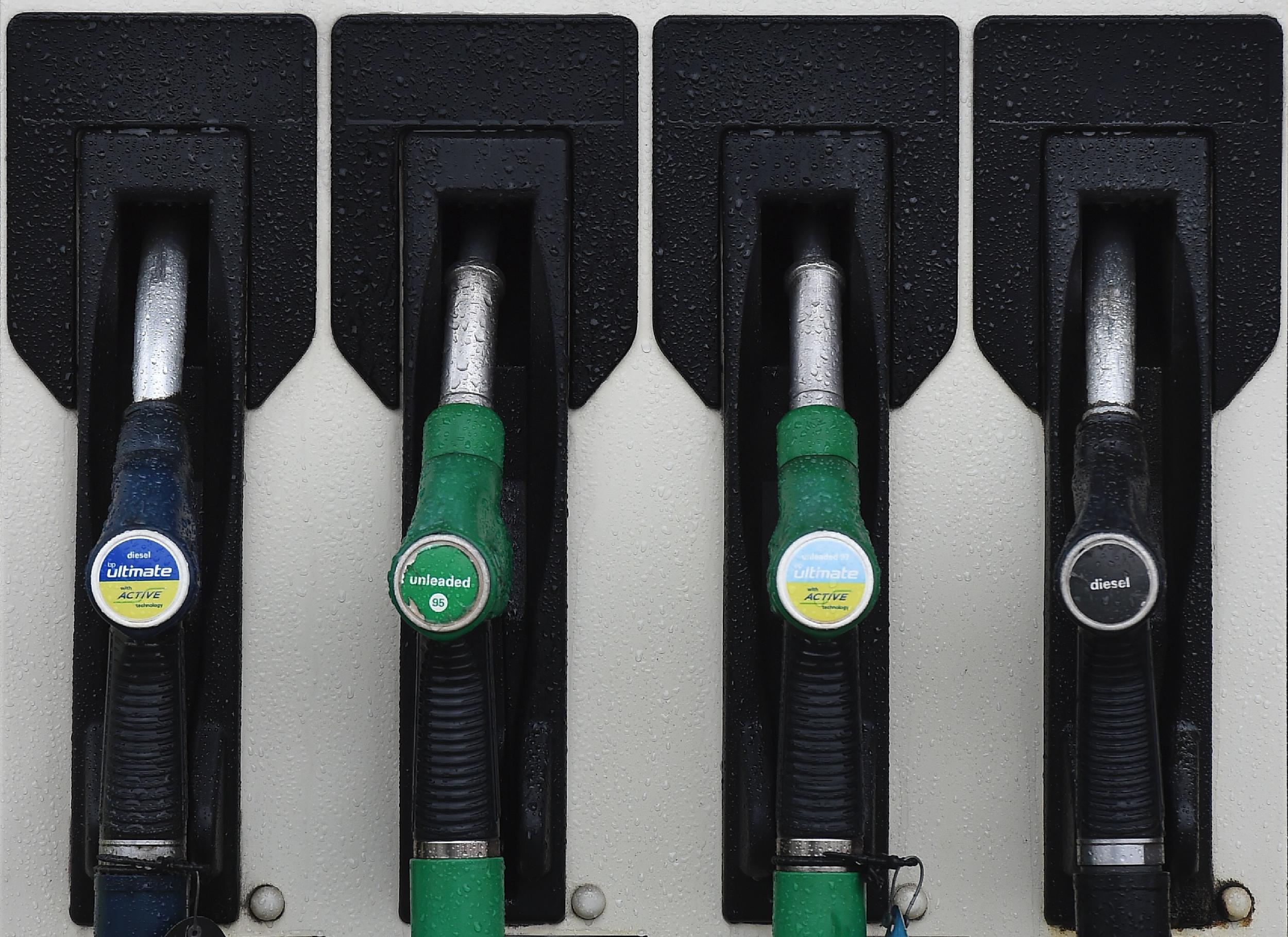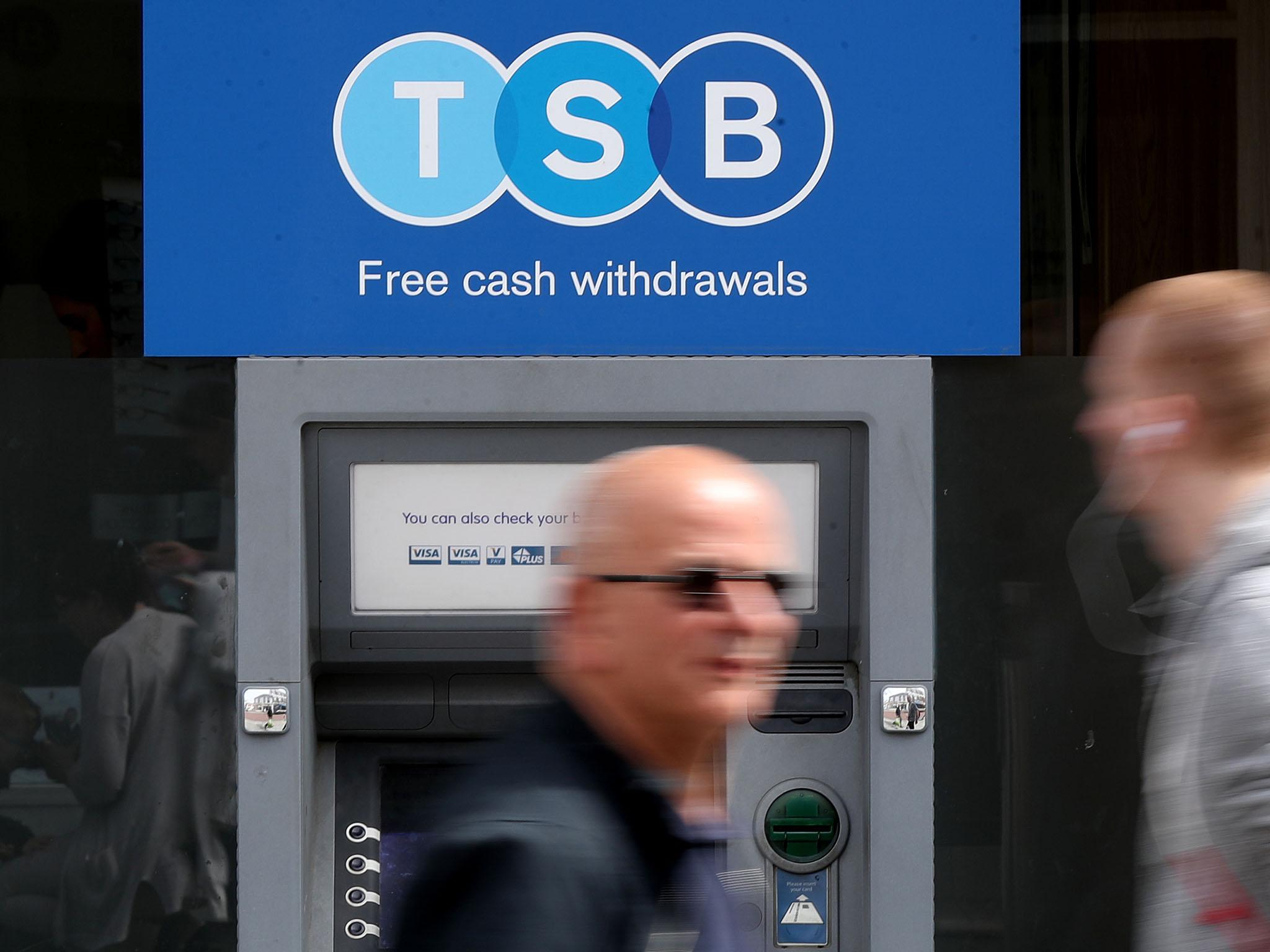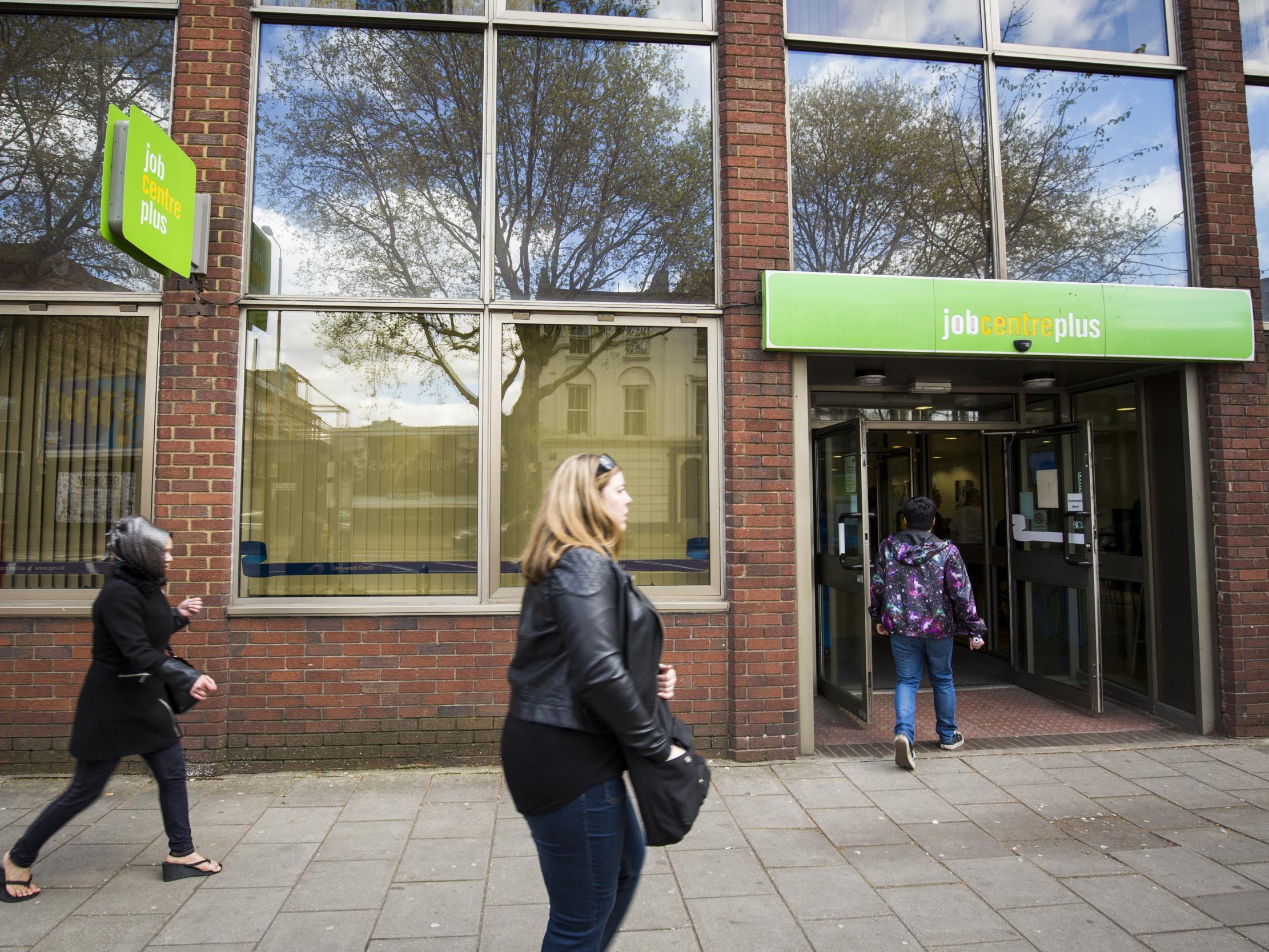Why the financial headlines matter – and how they affect you
It’s not always clear how events in global financial markets and decisions by policymakers will impact people’s ordinary lives. But from the petrol pump, to taxes, to mortgage costs they can all be expected to have an impact on our living standards. Ben Chu explains how


Negative oil prices. Company dividends cancelled.
Spiking bond yields. More central bank quantitative easing.
The headlines being generated by the coronavirus emergency are alarming – but also somewhat confusing.
It’s not always clear how the events in global financial markets and decisions by policymakers – momentous as they sound – are going to impact people’s ordinary lives, if at all.
Here The Independent looks at how the mechanisms work – and explains how those headlines can be expected to translate into impacts in the real world and to affect the livelihoods of us all.
Negative oil prices

Perhaps the strangest headline recently has related to the fact that financial traders have been paying people to take delivery of their oil.
Yet that doesn’t mean that the fuel is now less than worthless and that we should soon expect to get cash back when we fill up our cars with petrol.
Those bizarre negative prices reflect the fact that oil storage facilities are close to capacity in the US – in other words they are a short-term market quirk.
Nevertheless, underlying movements in energy markets certainly will have an impact on people’s everyday lives.
The global price of oil has come down sharply since the Covid-19 crisis began, falling from around $70 a barrel at the start of the year to just $20 now.
That reflects a major fall in demand for fuel from the world economy.
If prices remain low that should, all else equal, translate into cheaper household energy bills and prices at the petrol pump.
But beware. The global price of oil is determined by global supply and global demand. It’s possible the current low oil price could put some oil firms in the US out of business. That could cut global supply and send global oil prices soaring again when the global economy recovers and demand returns. And that could mean higher household energy and fuel costs in the medium term than before the crisis.
Cancelled company dividends

Private banks and insurance companies have been leaned on by the Bank of England not to pay dividends (cash) to their shareholders for the duration of the crisis or to use spare cash to buy back their own shares.
There’s also much discussion about whether it’s appropriate for other large listed corporations to do the same during this period.
Such questions may seem divorced from most people’s lives but many savers will be indirectly affected.
Most pension funds and insurance saving schemes invest their members’ savings in large listed companies like banks supermarkets and oil giants. Sometimes this is because the money managers think the values of these companies will rise. Sometimes it’s because they are simply buying shares in the companies that make up various national indexes like the FTSE 100 – and they want to passively “track” the performance of the index.
Sometimes it’s because those companies tend to pay out relatively large dividends – cash which they then return to savers or use to invest in other companies.
This tells us that when companies stop dividends it does have an impact on ordinary people via their savings and pensions.
Companies that pay regular dividends tend to be more popular and have a higher share price than comparable companies that don’t.
However, it wouldn’t be right to conclude that ordinary people necessarily suffer financially if dividends are paused. One of the reasons regulators might want a bank not to pay dividends is because they want the institution to conserve cash to help absorb any future catastrophic losses on loans without going bust.
And any company might do the same unilaterally to make itself more financially resilient.
Such a decision might well be in the longer-term interests of the investors in that particular company.
Volatile bond yields

The yield on 10-year UK government bonds – known as gilts – hit a historic low earlier this year. Then, a few weeks ago, they rose sharply, prompting the Bank of England governor, Andrew Bailey, to warn of “borderline disorderly” markets.
Gilt yields sound arcane but they do matter enormously to ordinary people because they reflect the government’s own cost of borrowing from private lenders, both in the UK and abroad.
If the interest rate, as reflected by those yields, is low it means the government can borrow very cheaply – indeed for less than nothing if the yield is lower than the expected rate of future inflation.
If the government can borrow cheaply it can easily afford to fund all the various schemes it has established to help people through this crisis, such as the company wage subsidies and the grants for small businesses. But if yields are high it means it will have to pay more in interest to fund that borrowing, potentially dissuading ministers from doing so.
If interest rates spike very high there could, in theory, be a financial crisis for the whole government, forcing ministers to cut spending on public services and welfare or to raise taxes even in the teeth of recession. This is what happened in Italy and Spain in the 2012 eurozone crisis, when their national government bond yields breached 6 per cent.
More quantitative easing

It was those “disorderly” UK bond markets that helped persuade the Bank of England to restart its quantitative easing programme, with £200bn of extra gilt purchases.
This might seem like something that is only of interest to people who work in finance, but there are also significant indirect impacts on ordinary people.
Gilt purchase by the central bank affect people in the real economy by pushing down the borrowing costs for the government – but also throughout the economy.
This means that peoples’ mortgages, car loans and other forms of borrowing are cheaper than they otherwise would be. But the most significant impact at the moment is probably keeping a lid on the government’s borrowing costs, which enables the state to support incomes and protect the solvency of firms through this unprecedented shutdown of economic activity.
Join our commenting forum
Join thought-provoking conversations, follow other Independent readers and see their replies
Comments